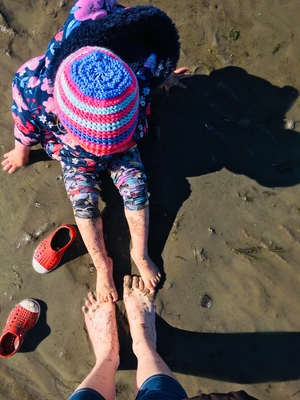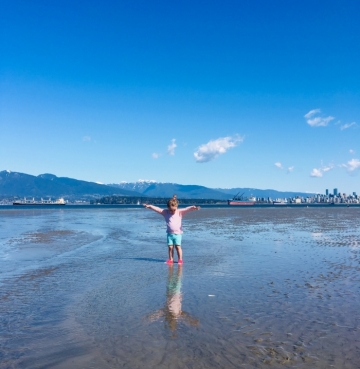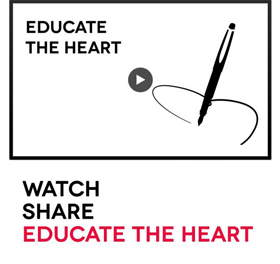Nurture Calm & Carry On: Stories from the Home, Part 2


Balance in the Time of Quarantine
While I am an advocate for hope, in the era of pandemic I am first and foremost a seeker of balance. I try not to spend too much time thinking about the “new normal” we can expect to settle into once the worst of the pandemic is over. I also try not to consume too much of the news, despite having in equal parts fear and fascination, which compel me to pursue the latest headlines like a bloodhound tracking down its prey. While the scientist in me is captivated, and the highly sensitive part of me is devastated by the spread of the coronavirus across the globe, I strive to keep these reactions in check. I am far from the epitome of restraint, but I am a parent; and this role, like none other, requires my presence in the here and now.
As a parent, I want to imagine and work towards a more sustainable, equitable, and caring world for my child and future generations. At the same time, I am unbearably bound to the present. My child’s childhood is happening now. Philosophically speaking, this is what matters most. Pragmatically speaking, my child’s physical, emotional, and psychological needs exist and must be met in the present. And yet, I am painfully aware that some not-insignificant part of my child’s formative years is taking place during a global crisis. Naturally, my mind wanders towards the future, when things are supposedly going to be better. Or so I hope.
I want to make this clear: there is nothing wrong with hope. A healthy degree of hope is what makes life exciting in good times, and bearable in bad. But personally, I have a tendency to fret. And while hope often presents itself as the antidote to fear, in excess it is actually the antidote to presence: my mind wanders off into some rosier, imagined future and stays there. As a parent, presence–being Alert & Engaged with my child–is not something I can spare.
Ironically, the Internet has been one of my lifelines to staying Alert & Engaged during self-isolation. While the Internet in general, and social media in particular, is not typically a kind place for the good-enough parent, I have recently discovered the concepts of “post-apocalyptic parenting” and “pandemic parenting”. A far cry from typical aspirational parenting content (think Insta-families and impassioned, unsolicited advice), the post-apocalyptic/pandemic parenting conversation is mostly inclusive, practical, and non-judgmental. It offers hope for the future while staying rooted in the present, with all its imperfections. And, within it, no topic is as heavily discussed as the universal quest for balance in the time of quarantine.
Seeking balance may seem frivolous in the face of a global emergency, but it isn’t optional. Our need for balance is encoded in our physiology: we all possess sympathetic (fight-flight-freeze) and parasympathetic (rest and digest) nervous systems, the healthy functioning of which is essential to our survival. From the perspective of Heart-Mind well-being, self-regulation–managing our emotions and actions in order to feel Alert & Engaged–requires balancing stimulation/sensory-seeking and self-soothing practices, as described in theories on the relationship between the nervous system and social engagement. Our opposing drives for normalcy and novelty are what create safety, adventure, and fulfilment in our lives.
Deep in the trenches of pandemic parenting, I have discovered that I must diligently balance my internal scales of hope and fear in order to feel Alert & Engaged in the time of quarantine. One way I do this is by recognizing and regulating what brings up fear in me, and also, more full heartedly, what inspires hope. For example, I can be aware of the jolt of adrenaline and cortisol I experience after reading the morning headlines, and counteract it with a hopeful thought about the future. On a physiological level, this brings my sympathetic and parasympathetic nervous systems into balance. I can attempt this balancing act with bigger triggers and wilder emotions too. When I notice my daughter feeling fearful, I can help her do the same. It’s a small arithmetic, but it helps my child and I stay present in a big way. Not that we are really going anywhere. We’re going to be home all day.








Comments
Post new comment